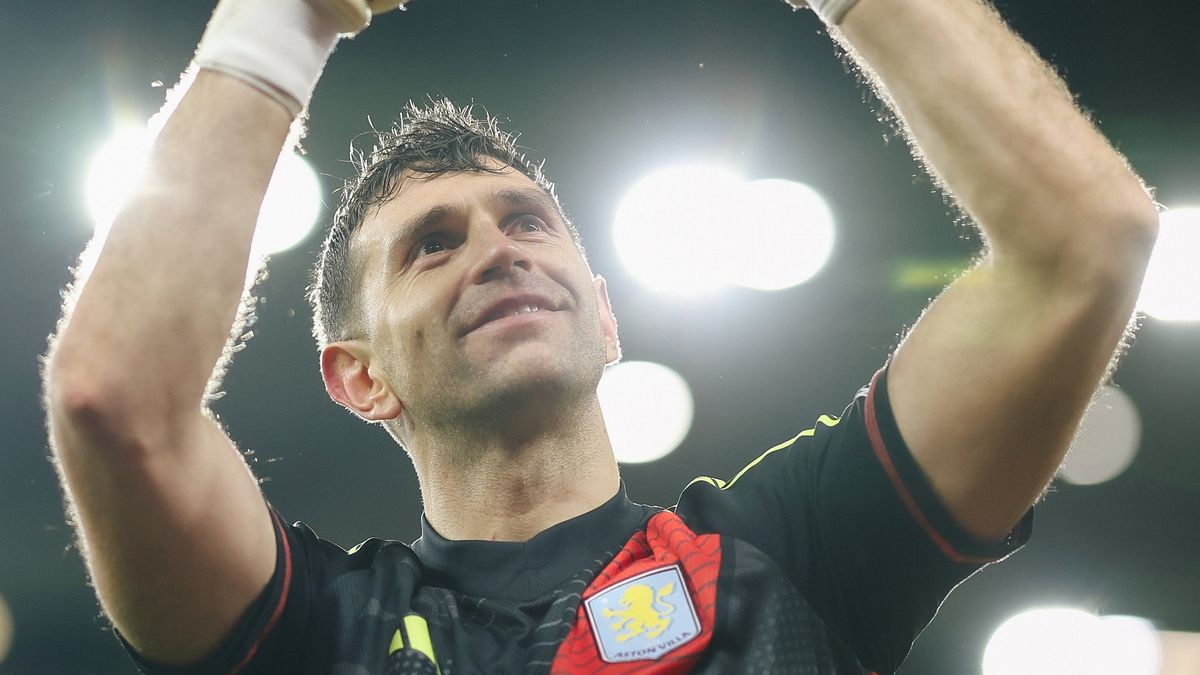Scholz spoke by phone with Putin for the last time last Tuesday, after a break of several months, in a dialogue that, according to the German government, lasted about 90 minutes.
“If I summarize all the conversations that I had with him in recent times, I have that there were movements” in Putin’s position, the foreign minister said, although he added that “they were not far-reaching.”
In the last conversation, Scholz urged Putin to seek “a diplomatic solution as quickly as possible, based on a ceasefire, a complete withdrawal of its combat forces, and respect for the territorial integrity and sovereignty of Ukraine,” as reported by Berlin.
On the other hand, the German government yesterday took control of the activities of the Russian oil group Rosneft in the European country, where it has several refineries, in order to “guarantee” the energy supply affected by the invasion of Ukraine.
Rosneft subsidiaries in Germany account for 12% of the country’s refining capacity. From now on they are “under trusteeship” of the national agency responsible for managing energy networks, the German Ministry of Economy said in a statement.
Today, the Russian state company called the transfer “a violation of market principles.”
“Rosneft considers it a violation of all the fundamental principles of the market economy, the foundations of the civilization of modern society built on the principle of the inviolability of private property,” the company said in a statement quoted by the agency. Sputnik news.
The note emphasizes that the decision taken by the German government is not temporary and represents a total loss of assets.
“Rosneft will develop all possible measures to protect shareholders, including recourse to the courts,” the text stresses.
By now taking control of the firm, the German authorities will be able to organize the supply of the plant with oil from countries other than Russia.
Europe’s leading economy has already reduced its dependence on Russian oil imports, which represented 35% of its needs before Russia’s war in Ukraine.
Source: Ambito
David William is a talented author who has made a name for himself in the world of writing. He is a professional author who writes on a wide range of topics, from general interest to opinion news. David is currently working as a writer at 24 hours worlds where he brings his unique perspective and in-depth research to his articles, making them both informative and engaging.




